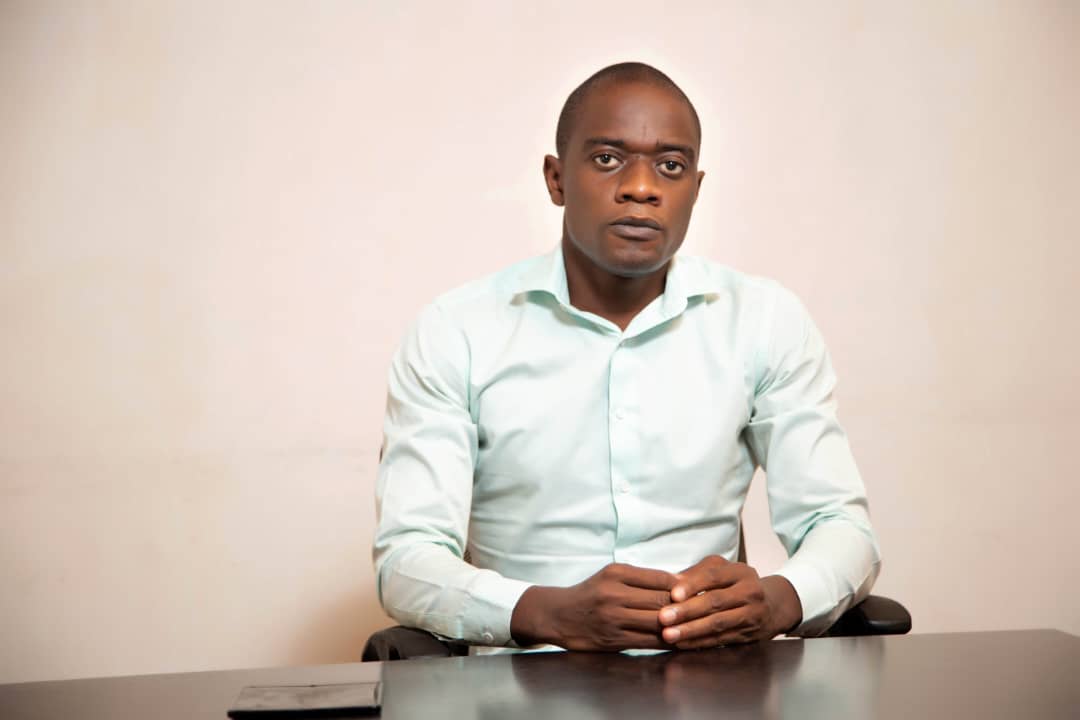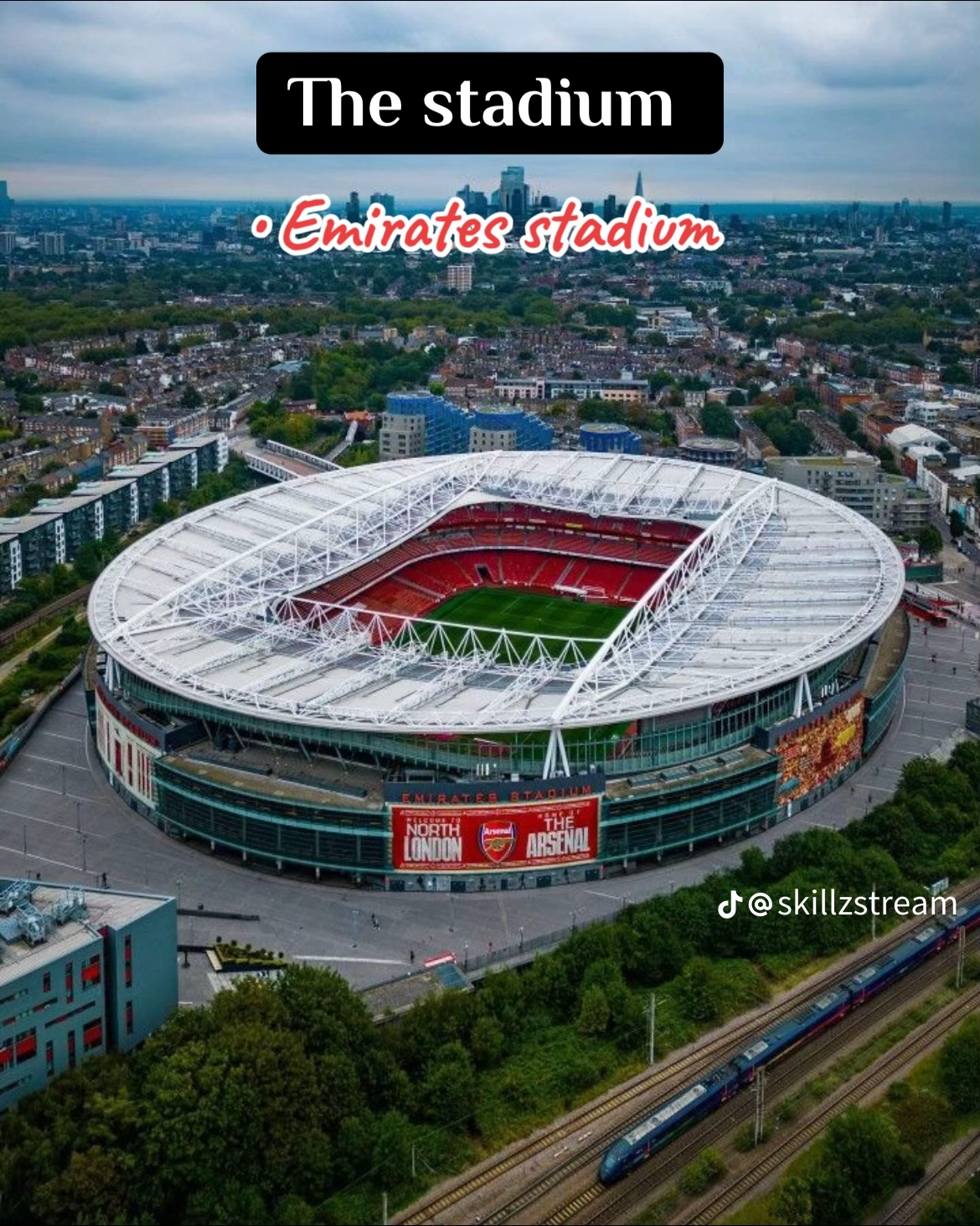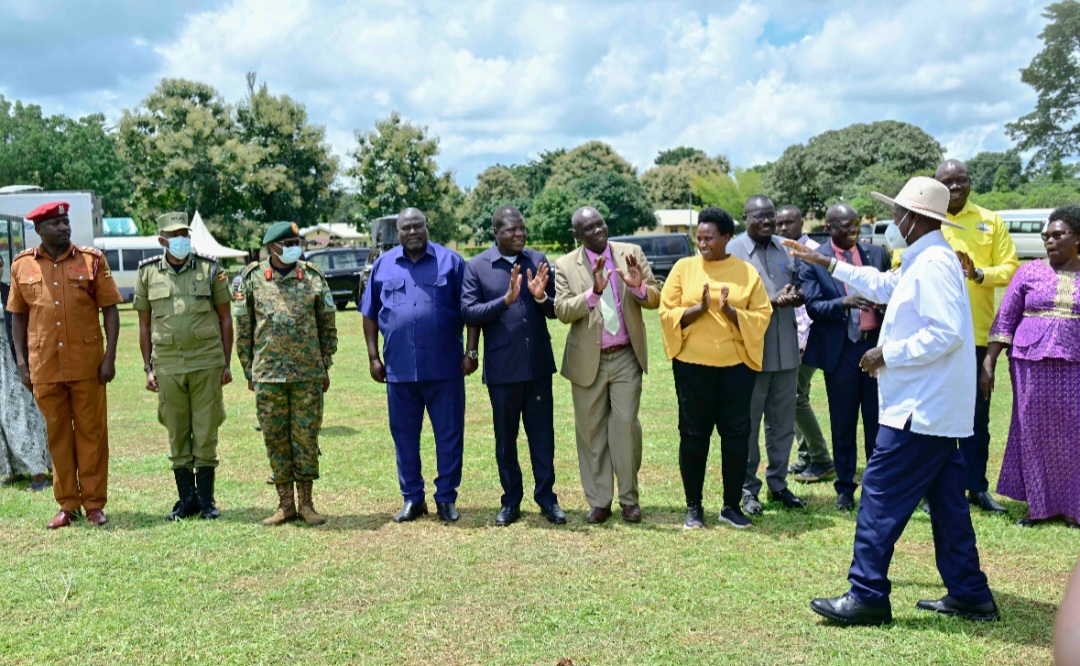Haruna Sentongo Backs Brother Hamis Kiggundu’s Plan to Seal Nakivubo Channel, Calls It “Transformation”
KAMPALA – City businessman Haruna Sentongo has thrown his weight behind his brother, Hamis Kiggundu, in the ongoing debate over the future of Nakivubo Channel, saying development must be embraced if Kampala is to modernize.

The remarks come days after President Yoweri Museveni endorsed Kiggundu’s proposal to cover up the open drainage channel and redevelop the area around Nakivubo Stadium. Hamis argued that the channel in its current state invites reckless rubbish disposal, which has turned it into a perennial clogging and flooding problem in the heart of Kampala. His proposal suggests sealing it and constructing infrastructure above it, in line with urban renewal trends.
Reacting to the public debate, Haruna said Kampala residents should focus on the opportunities such projects bring rather than fears of change.
“Development is always a good thing,” Haruna told reporters. “The city is undergoing transformation and people should look at it positively instead of resisting change. Our role as developers is to ensure that Kampala keeps pace with modern cities.”
Haruna is no stranger to shaping Kampala’s skyline. Over the last two decades, he has been at the forefront of urban redevelopment, particularly in Kisenyi, one of Kampala’s former slum neighborhoods. Once written off as a hub for crime and poor sanitation, Kisenyi has witnessed a property boom, with arcades, residential apartments, and commercial spaces replacing shanties — thanks largely to pioneering investors like Haruna.
Observers say the Kisenyi transformation offers a glimpse of what could happen if downtown Kampala attracts more structured development. However, critics of the Nakivubo plan have voiced concerns about environmental risks, drainage efficiency, and the possible displacement of small traders.
Haruna dismissed these fears, noting that Kampala cannot afford to lag behind while cities across Africa are modernizing rapidly. He added that developers are ready to work with government agencies to ensure the projects are sustainable and inclusive.
“Every development project comes with challenges, but the benefits far outweigh them. Kampala needs infrastructure that meets the needs of a growing population and economy. That’s what Hamis’ proposal is about,” he said.
As debate rages on, the Nakivubo channel project has put Kampala’s future development model under the spotlight — whether to preserve the old order or embrace bold, privately-led urban renewal. For Haruna, the choice is clear: “Transformation cannot be stopped.”
Do you have a story in your community or an opinion to share with us: Email us at Submit an Article









